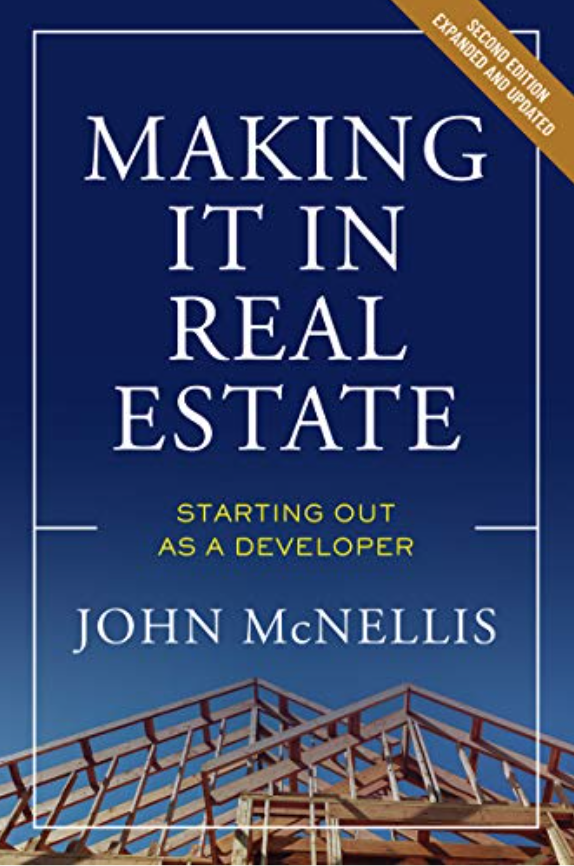Give Scott Weiner a medal. While not a complete solution, the state senator’s proposed bill, SB 827, directly addresses California’s two most pressing issues—our housing shortage and traffic woes—by densifying housing near transit stops. In broad brush, SB 827 would allow residential buildings up to 85 feet in height within a half mile of train stations and a quarter mile of major bus stops. The kicker is that this bill would at least crack the dam that has held back California housing since the Summer of Love. It would take the critical decision—a project’s size—away from local municipalities and make size a matter of right under state law. While a proposed project would have to comply with a city’s other zoning ordinances, those restricting size—chiefly, height, number of units and off-street parking—would be foreordained.
What would 827 do? It would allow local politicians to do their jobs. Just as not all laws of physics are applicable at the nano or sub-atomic level, the immutable laws of politics are bent at the local level. You can think that gun control means using both hands or that LGBT is a reference to a large sandwich and still be elected to a coastal city council as long as you’re squarely against growth. Party affiliation is meaningless at the granular level of a no-growth city hall; it’s all about raising the drawbridge. By taking project size out of their hands, 827 would allow city councils to do the right thing without fear of losing their jobs.
The rationale behind 827 is straightforward: Build housing where the jobs are, build housing where mass transit is located. Do that and stem the sprawl that already creeps hours in every direction from job hubs. Manhattanize the areas around train stations and bus stops. (By the way, a half mile—a 10 minute walk—is generally agreed to be about as far as people will walk without thinking about it.) With some justification, the experts believe that if you are living within a couple blocks of a train station and you don’t have a parking space, you’re bound to step on board sooner or later. There are flies in this particular ointment—chiefly, Uber and its ilk—but even if Weiner’s densification were to prove only partially effective, even if only 10 percent of those newly urban dwellers used public transportation, it would still be lights-out better than the 100 percent forced to commute from the suburbs’ outermost rings, two plus hours beyond the state’s job centers.
It’s worth pointing out that the Weiner approach could scale impressively. According to a McKinsey report from 2016, California could add several million dwelling units within that half-mile transit radius. Which is exactly what has the formidable opposition to 827 storming the Bastille. Google the bill and you will note it’s trending better than a presidential girlfriend, with supporters and opponents coming from all directions. Yes, every politician in the state is in favor of solving the housing crisis. Yes, every self-appointed do-gooder recognizes the need for density. It’s just that they all put it in the category of garbage dumps and half-way houses: absolutely necessary…somewhere else.
The support and opposition break down the usual way. Which is? Man’s earliest known writing is illuminating. An unearthed Sumerian codex from 2600 BC has been widely translated to read, “Follow the money” or, depending on its umlaut placement, “Protect our Privilege.” Big business, especially the lords of tech, loves the bill because it puts qualified workers on their doorstep. Landlords and developers are naturally enthralled and politicians throughout the state with no ox to be gored, that is, no transit centers in their own districts, are happy to vote its passage. One by one, however, affected cities are drawing a line in the concrete against the bill. The Sierra Club is opposed because it “strips local governments from the decision-making process.” Could it be that the freaking Sierra Club is opposing the most pro-environment bill since the banning of DDT simply to curry favor with its biggest donors, those eco-elitists who live in the richest, lowest-density enclaves?
And the unions—God bless them—are sitting on the fence, demanding to be bought off, calling the bill “incomplete” because it doesn’t make this proposed new housing that much less affordable by requiring union wages. Really.
“Stripping local governments from the decision-making process” is the beauty and genius of SB 827. Without it, real growth will be limited to the pristine hinterlands, those poor towns so desperate for development they actually send emissaries to real estate conference to beg for it. And we will all be the losers.
If 827 is passed in something close to its current iteration (Weiner is gradually watering it down to gain political support) and put into effect, it would be the best thing to happen to California’s environment since John Muir. If not a medal, give Scott Weiner your support.


